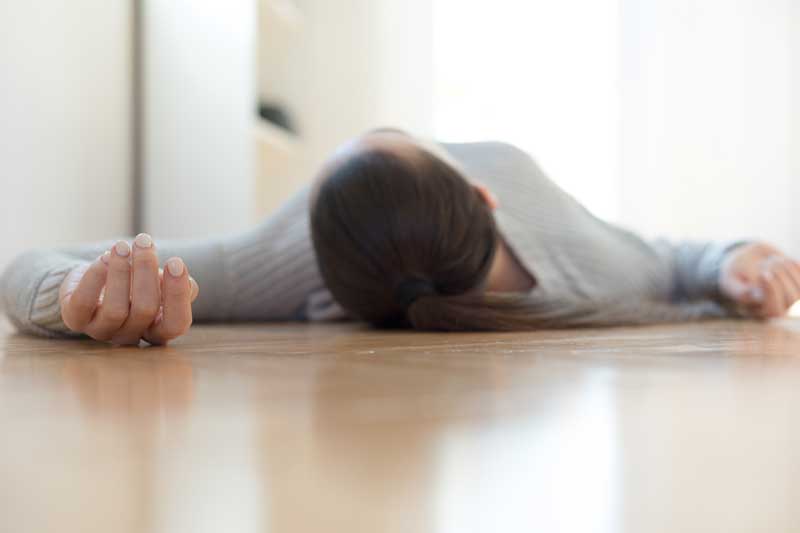
Nội dung bài viết / Table of Contents
This post is also available in: Tiếng Việt (Vietnamese)

Syncope is a brief temporary loss of consciousness. The episode lasts less than a couple of minutes and you recover from it quickly and completely. In majority of cases, syncope occurs due to low blood pressure that cause the drop of blood flow to the brain, or the heart can’t provide enough oxygen-rich blood to the brain.
Syncope can occur in people depends on the health condition. Persons who with poor health or have heart problems are more likely to faint. This is a common condition, accounting for 3% of emergency cases and 6% of hospitalizations.
Symptoms of syncope may occur in seconds before fainting. They include too fast or irregular or too slow heart rate. Other symptoms may include yawn or shortness of breath, nausea, suddenly sweating too much or dizziness, tinnitus.
There may be some signs or symptoms not listed above. If you have any concerns about a symptom, please consult your doctor.
You may faint due to panic, pain, over tired, hungry, or drinking too much. These cases should go away after the body recovered. However, you need to be hospitalized as soon as you experience symptoms of chest pain, shortness of breath, or you have a history of heart disease.
The usual cause is related to not enough blood flow to the brain. It may cause by:
One type of fainting called vasovagal syncope refers to over stimulation of the vagus nerve, which lowers blood pressure and causes fainting. This type may occur with anxiety, pain, urination, or coughing.
Certain factors may increase your risk of developing syncope:
The information provided is not a substitute for any medical advice. ALWAYS consult with your doctor for more information.
To find out the cause of syncope, the doctor will obtain a medical history, do a physical examination and ECG, and take blood pressure with the person in different positions (lying, sitting, standing, after exercise).
Tilt table testing is a test done by specialists, when the cause of syncope is unclear. It can check for symptoms with the body in different positions. If an irregular heartbeat is suspected, the doctor may use a Holter monitor, a device worn at home and work to monitor the heart rhythm
Normally, you will recover by yourself after fainting. If not enough blood is pumped by the heart, the heart’s condition must be checked. The doctor may suggest seeing a heart specialist (cardiologist) for additional tests.
For people with low blood pressure (hypotension) or heart disease, drugs that may be causing fainting are stopped on a trial basis.
Read more post:
What are some lifestyle changes or home remedies that can help me manage syncope?
The following lifestyles and home remedies might help you cope with syncope :
If you have any questions, please consult with your doctor to better understand the best solution for you.